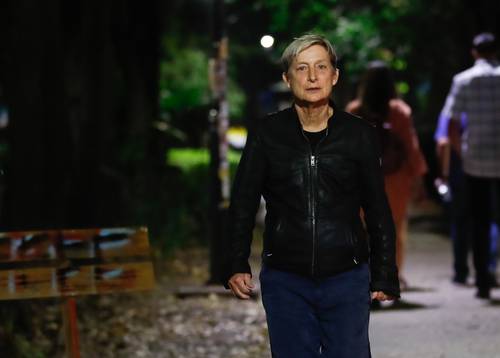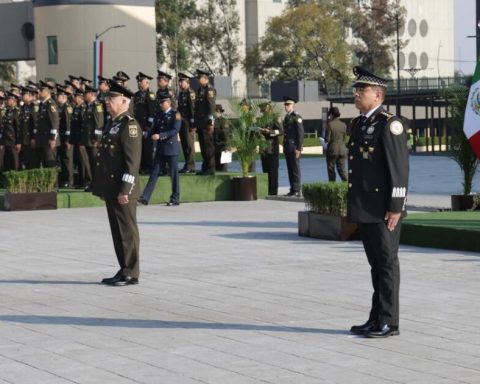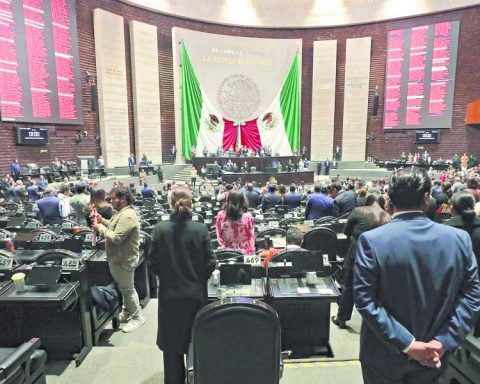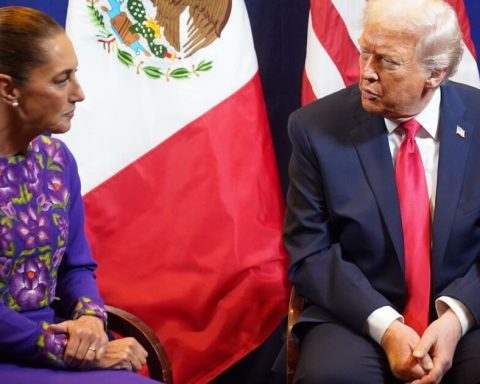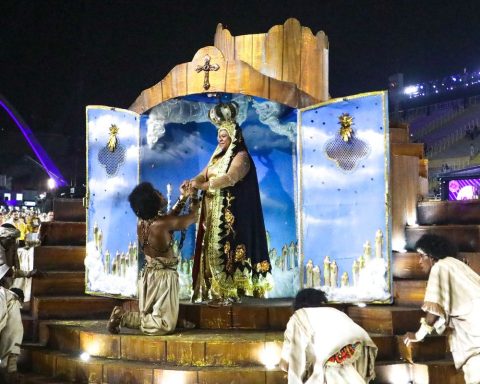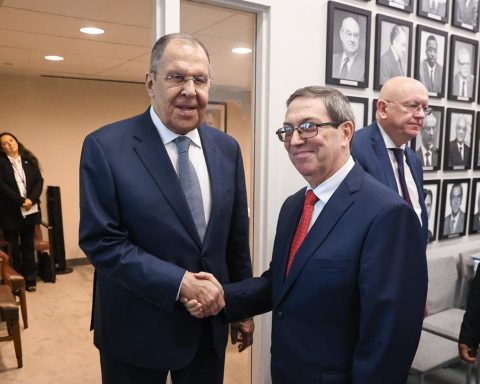▲ The philosopher and feminist Judith Butler.Photo Victor Camacho
Arturo Sanchez Jimenez
Newspaper La Jornada
Saturday November 19, 2022, p. 12
In the contemporary world, hatred has risen to a political position, warned yesterday the American post-structuralist philosopher, activist, teacher and writer Judith Butler (Cleveland, 1965).
The influential thinker of the critical tradition and forerunner of the theory queer gave the keynote address Judgment, freedom, solidarity: thinking with Arendt
at the Old School of Medicine of the National Autonomous University of Mexico (UNAM), which invested her as a doctor honoris causa.
In the Gustavo Baz Prada auditorium, the professor from the University of California called to transcend the egocentric morality that derives from an individualistic conception of responsibility and proposed to bet on collective action against climate change, fascism, police violence and femicide .
raised that When we propose to determine responsibilities, a group of affected people and a subject who is considered responsible beyond accepting what is attributed is assumed.
and said, in many cases the subject that is assumed to be responsible for something is usually conceived as an individual
.
He considered that the speech “that claims me responsibility for a series of issues or people is the same that makes me worry more about myself and can become a form of moral narcissism. And self-blame or judgment can become a form of negative narcissism. When we denounce something unfair with the intention of demonstrating that we personally do not accept injustice, we are acting on an individual level, and that is why the complaints fail.
We will not change the world if we insist on moving away from collective action
he declared.
“We have seen students demonstrate against feminicide, feminists against rape, violence, indigenous people for the murder of activists or relatives of the 43 Ayotzinapa students and those who are looking for the disappeared in Mexico, all the people who gathers without authorization to collectively demand justice from the authorities.
Our task is to live, think and act in collective and experiential, performative ways.
and that they reciprocally include living beings and the planet on which we live, he affirmed.
